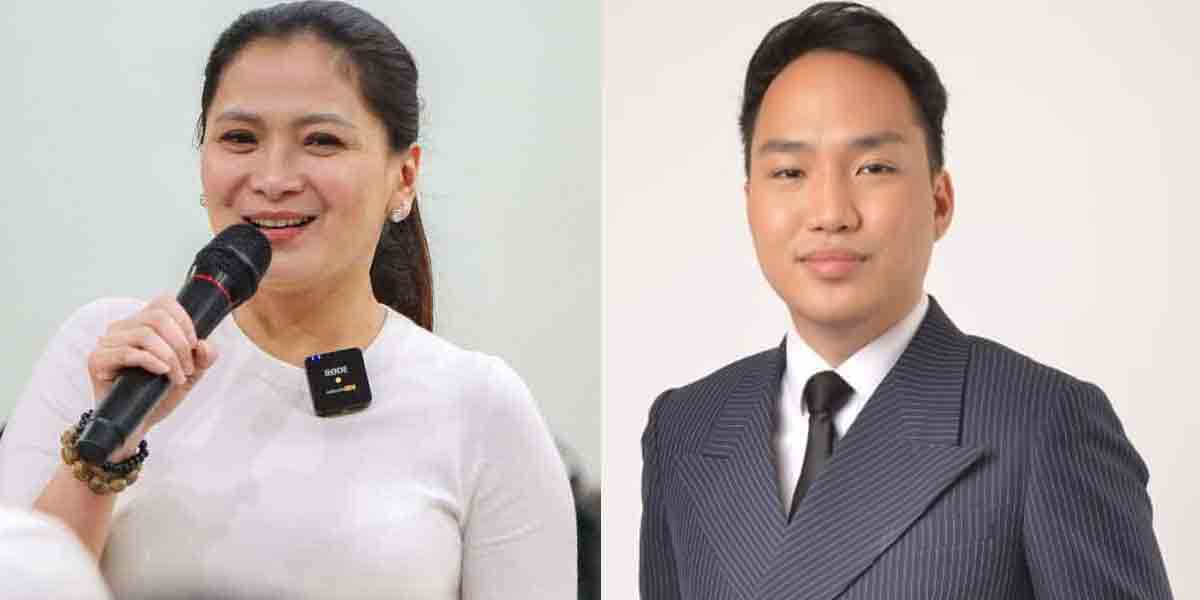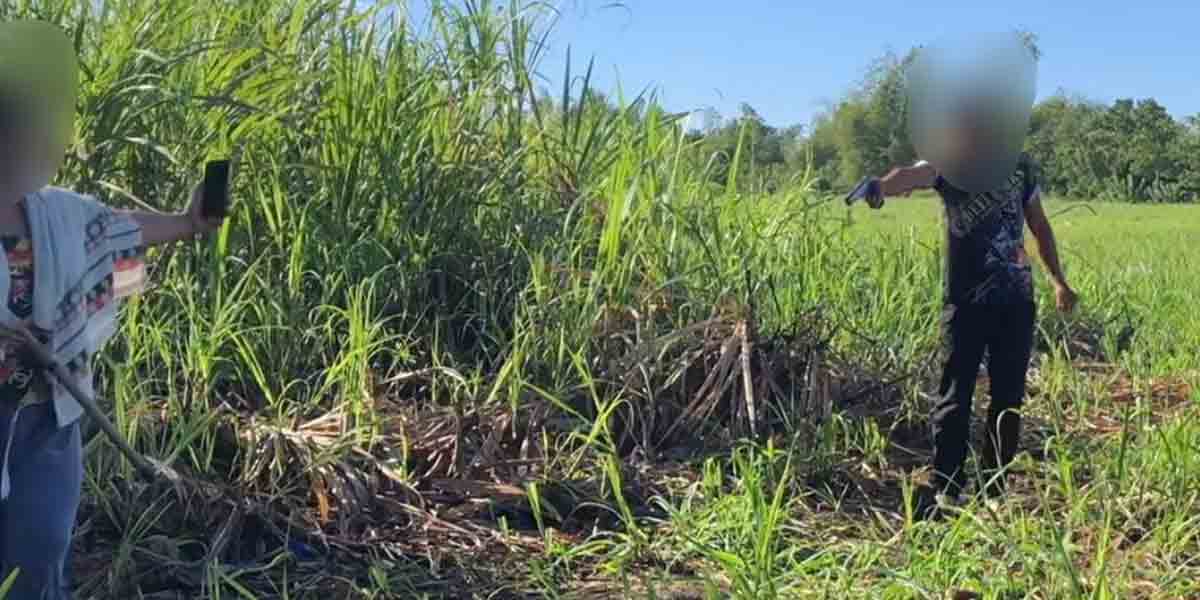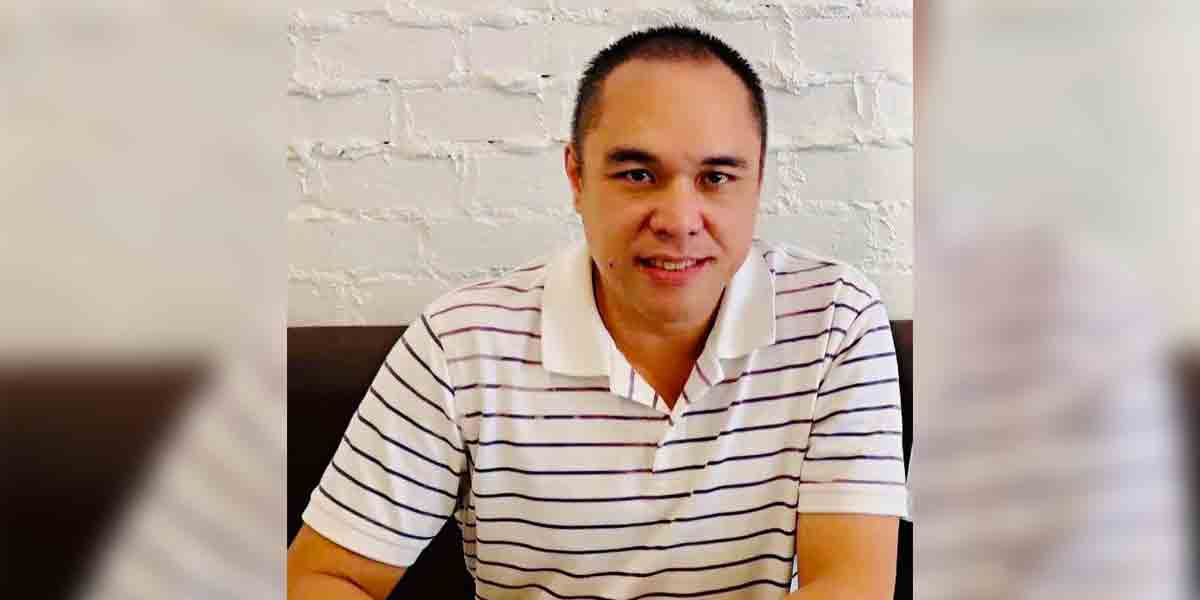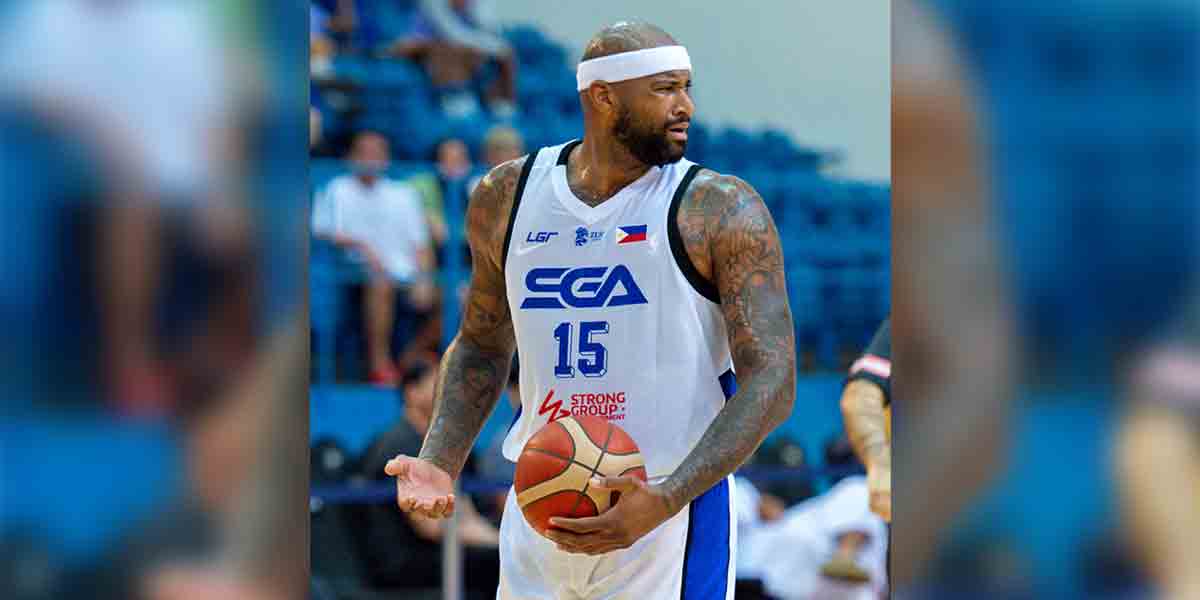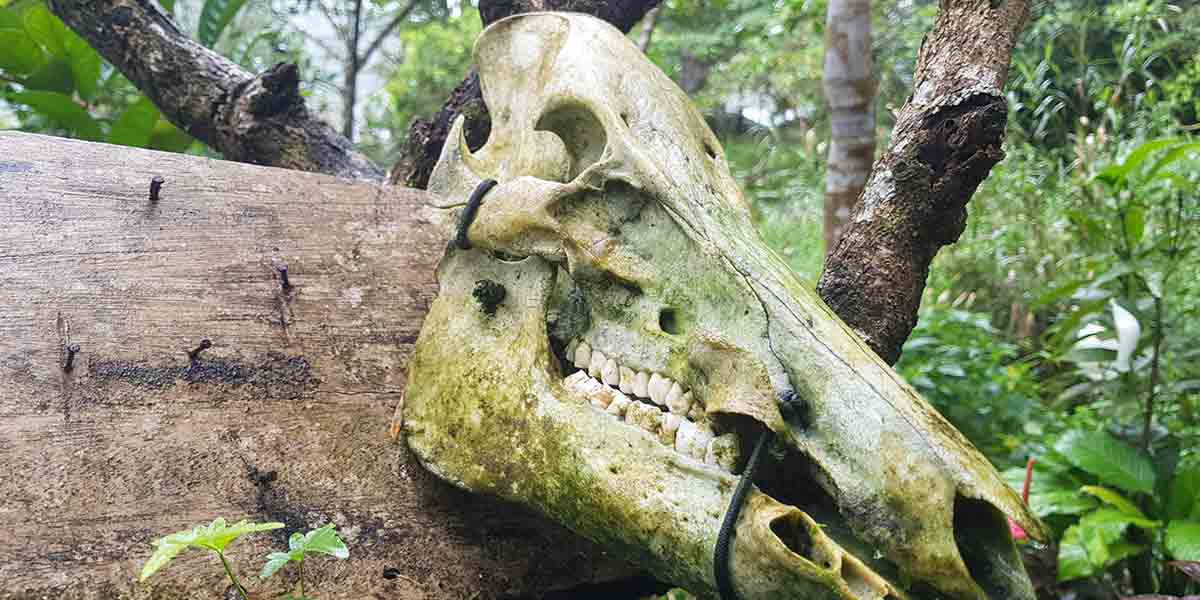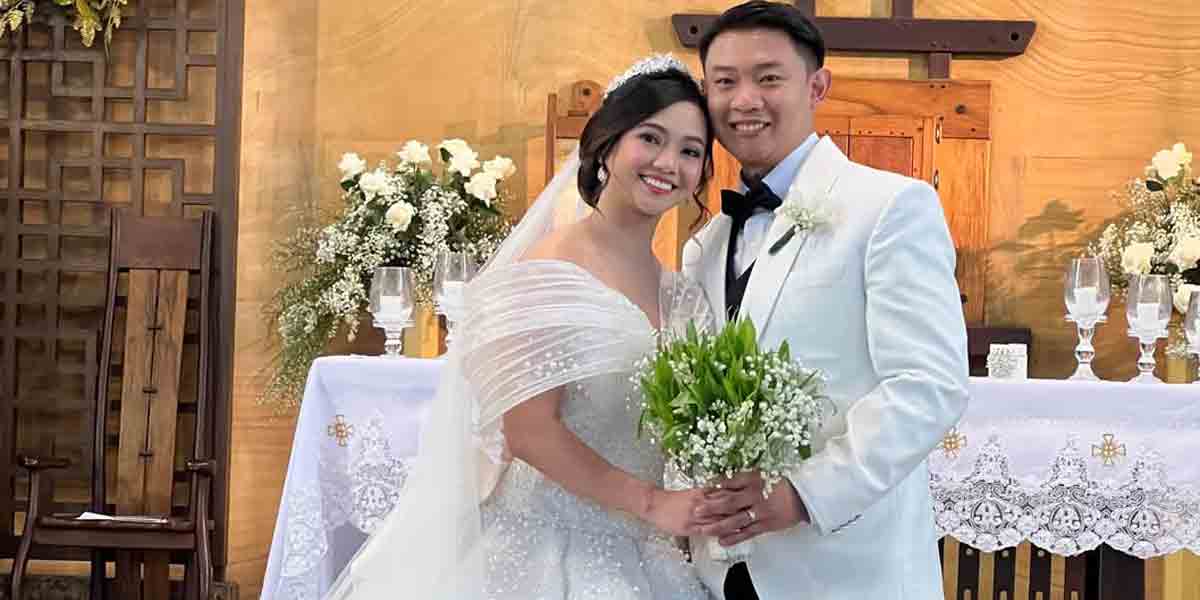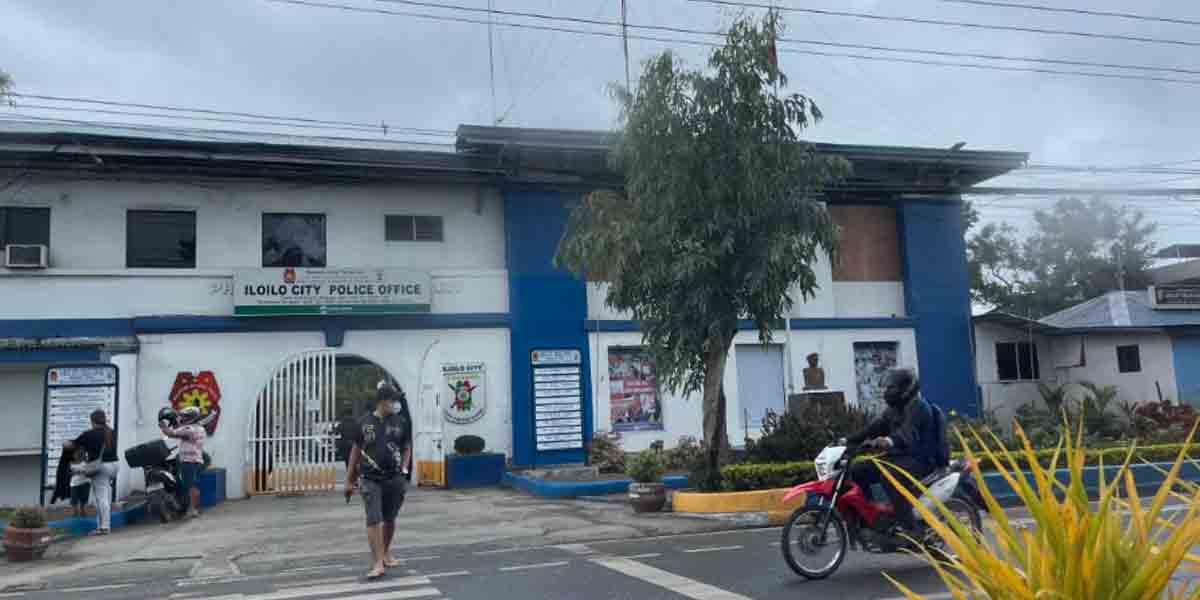 By Atty. Eduardo T. Reyes III
By Atty. Eduardo T. Reyes III
The verdict came in at 4:30PM EST of April 20 (about 5AM of April 21 in the Philippines) in the jury trial of Derek Chauvin who was charged with the killing of George Floyd in Minneapolis, USA. It took the jury only ten hours to reach a unanimous verdict finding Chauvin guilty on all three counts of: 1)Second degree murder (use of unreasonable force but without intent to kill); 2)Third degree murder (reckless disregard for life), and 3)Manslaughter. He now stands to serve a sentence of not less than forty years in prison unless the verdict is thrown out on appeal.
Closely following the trial, it was readily observable that the strategy of the defense was to attempt to poke holes on the causation theory of the prosecution; ie, that the proximate cause of death was the prolonged pressure and weight of Chauvin’s knee on the back portion and neck of George Floyd for nine minutes. Peppering doubt on this causation theory, the defense was elaborate in its attempt to cast blame on the drugs found in the system of George Floyd’s body thereby suggesting that the cause of death was “excited delirium” that led to cardiac arrest- not his prolonged pinning on the ground with Chauvin’s knee.
The jury did not buy what the defense had peddled.
But what is startling is that the defense did not present any shred of evidence for its part. It merely heavily banked on the extractions they made from the cross-examination of prosecution witnesses particularly the admission that there were drugs in Floyd’s system.
Would it have made a difference had the accused Derek Chauvin taken the witness stand and told his story like, for example, that he was performing a lawful duty and had followed the guidelines that he learned in training?
It was reported that the defense ruled out the strategy of presenting Chauvin as witness because he had a quite lengthy criminal and administrative record which would have surely entered the records had he testified and “opened the door” for him to be confronted with his checkered history.
This concern by the defense is not without legal basis.
Under Evidence law, a witness may be impeached by evidence of a previous conviction of a crime. In Philippine jurisdiction, this rule is found in Section 12, Rule 132 of A.M. No. 19-08-15-SC or the
2019 REVISED RULES ON EVIDENCE which states that:
“Sec. 12. Impeachment by evidence of conviction of crime. – For the purpose of impeaching a witness, evidence that he or she has been convicted by final judgment of a crime shall be admitted if (a) the crime was punishable by a penalty in excess of one year; or (b) the crime involved moral turpitude, regardless of the penalty.
However, evidence of a conviction is not admissible if the conviction has been the subject of an amnesty or annulment of the conviction.”
Yet again, if the accused does not testify for his/ her defense, the jury (or the judge in the Philippine criminal justice system), will never get to hear the accused’s story straight from the horse’s mouth, so to speak, thereby creating a chilled wedge between them.
What is tricky therefore is the cost-benefit analysis that the defense must decide on: will the humanizing factor that the accused’s testimony can evoke, outweigh the aversion that will possibly arise from his/ her long history of criminal record that will be unearthed?
As the case of Derek Chauvin had unfolded, his eerie silence which was compounded by the tight face mask that he wore for the entire duration of the trial, bespoke of his guilt in the eyes and minds of the jurors.
Perhaps, had he taken the stand, faced the jury members, spoke from the heart, showed some remorse, and sincerely expressed how he was pained by the consequence of his actions, he could have shown his human side and the results would have been different.
Being contrite for a wrong done does not necessarily equate to admission of guilt in Evidence law. This is actually a legitimate defense which is in the nature of “confession and avoidance”. This kind of defense is common in criminal cases such as for instance when the accused admits to committing the crime but by reason of some extenuating circumstances, is not guilty thereof. Thus, in PEOPLE OF THE PHILIPPINES v. LORETO DAGSIL y CARITERO, G.R. No. 218945, December 13, 2017, it was held that “Anyone who pleads the exempting circumstance of insanity bears the burden of proving it with clear and convincing evidence. It is in the nature of confession and avoidance. An accused invoking insanity admits to have committed the crime but claims that he or she is not guilty [thereof] because of insanity.”
In the end, there is no discounting the truism that humanity is a universal factor that invisibly binds people together- including the judge or jury. And as quipped by the famous Russian author Fyodor Dostoyevsky in his novel entitled Crime and Punishment, “The man who has a conscience suffers whilst acknowledging his sin. That is his punishment.”
In the case of Mr. Chauvin, had he acknowledged some guilt and showed some conscience on the witness stand, it would have reduced his punishment considerably.
(The author is the senior partner of ET Reyes III & Associates– a law firm based in Iloilo City. He is a litigation attorney, a law professor and a law book author. His website is etriiilaw.com).

